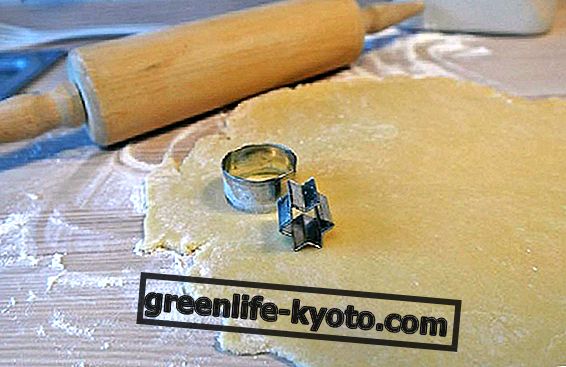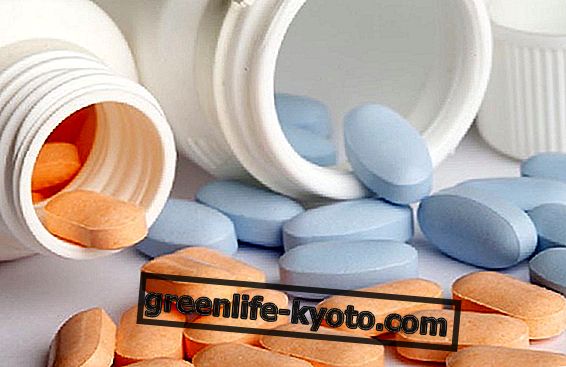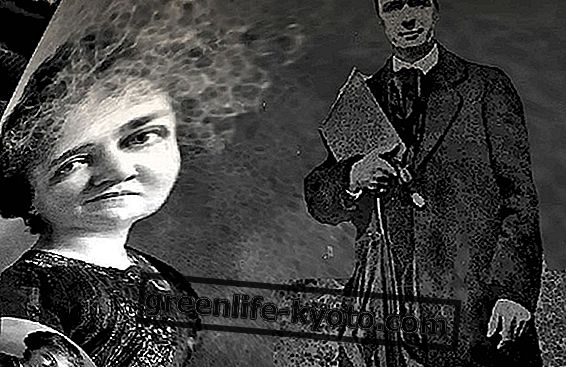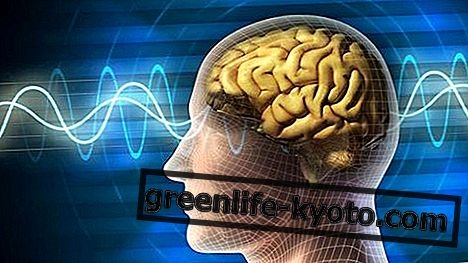A deficiency of vitamin D compromises the proper functioning of the bones causing diseases such as rickets and osteoporosis . Let's find out the causes, consequences and foods to supplement it.

Symptoms of vitamin D deficiency
Vitamin D is a fat-soluble vitamin that can be assimilated both through food and exposure to sunlight. The action of ultraviolet rays activates a form of cholesterol present in the skin and converts it into vitamin D.
Vitamin D deficiency impairs bone functioning, causing diseases such as osteoporosis , rickets, osteomalacia. A deficiency of vitamin D leads to an abnormal absorption of calcium from the intestinal tract and a retention of phosphorus in the kidneys, causing a defective mineralization of the bone structure.
The bones therefore become weak and skeletal deformations originate such as arching of the legs and vertebral column, enlargement of the wrist, knee and hip joint.
It also often happens that the muscles develop poorly, become numb and cause tingling and spasms . Among the symptoms of vitamin D deficiency there is also a tendency to nervous irritability.
Vitamin D among natural remedies for muscle health

The causes
Vitamin D deficiency can develop due to several factors, first of all inadequate dietary intake and insufficient exposure to sunlight .
Sometimes it also happens that an increased need for vitamin D takes place, with a relative high consumption, associated with altered absorption or particular pathological conditions, such as kidney or liver disease, which compromises conversion and use.
Celiac disease is also indirectly linked to a deficiency of vitamin D, as fats, calcium salts and vitamin D are not absorbed, but are expelled with the faeces.
Another cause of vitamin D deficiency may be the diminished capacity of the skin to synthesize it, due to advancing years, or to that of the kidneys to achieve the last transformation necessary to activate it. Alcoholics are at high risk of deficiencies, those suffering from kidney failure or undergoing bowel surgery, those suffering from liver failure, cystic fibrosis, pancreatitis or biliary cirrhosis.
Nutrition against vitamin D deficiency
Good food sources for those lacking vitamin D are: fish and the oils it contains, in particular trout, sole, mackerel, salmon, swordfish, sturgeon, tuna and sardines; the eggs, especially the yolk; milk, butter; the liver and animal fats, such as chicken, duck and turkey, cornflakes and cereals.
Vitamin D supplements for newborns are given under administration by the pediatrician.













